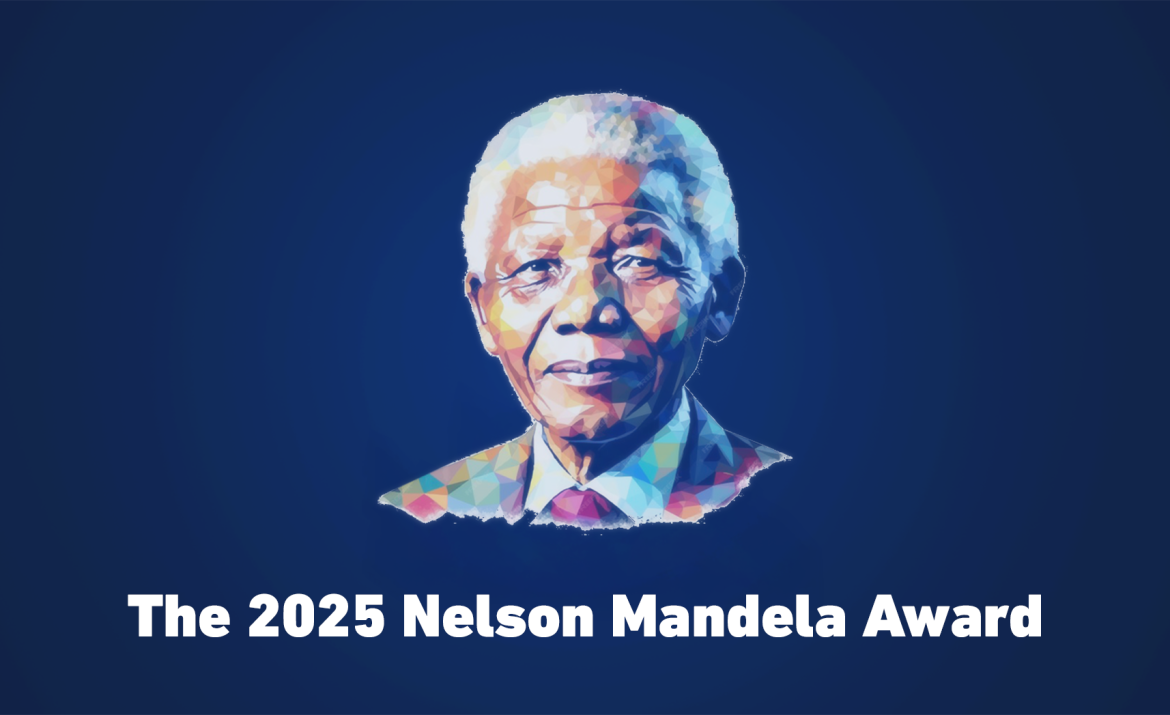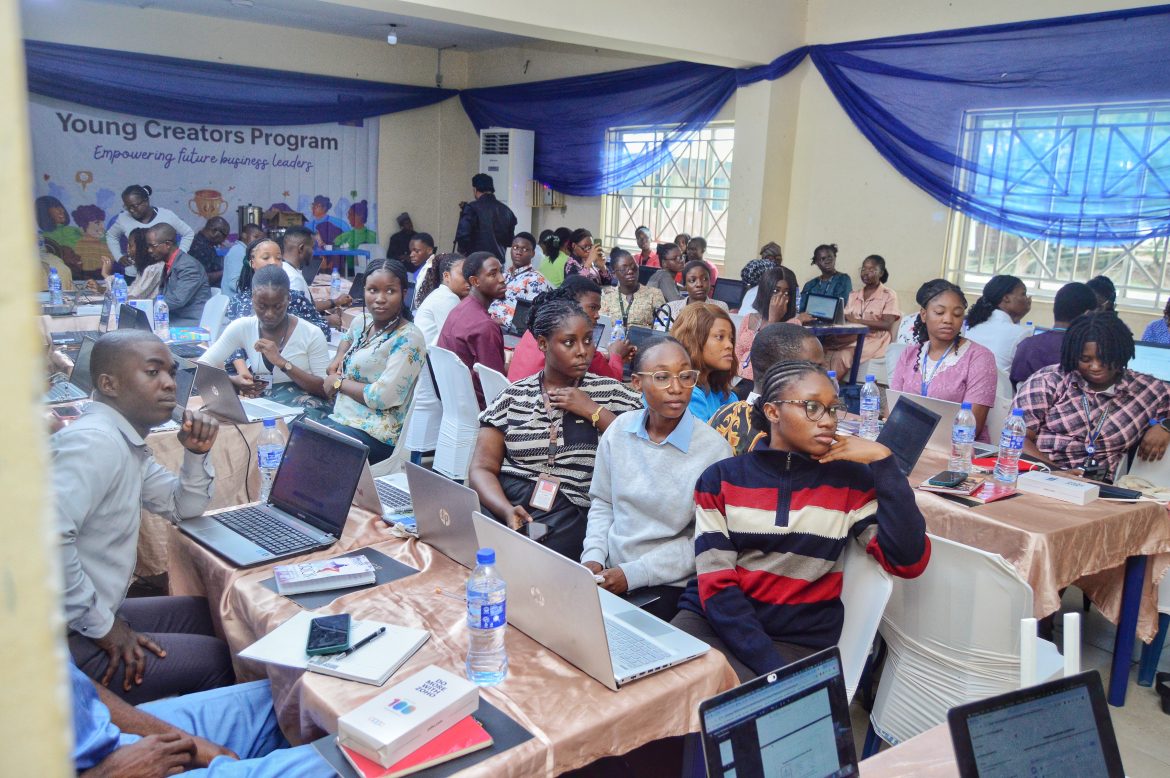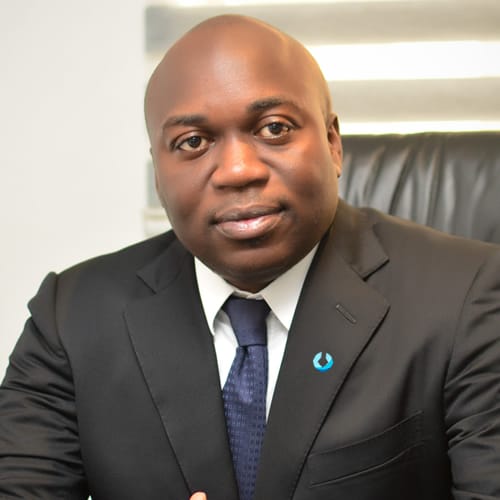 With the help of weekly OMO auctions and stagnant MPRs, the Central Bank of Nigeria has so far been successful in keeping liquidity in the economy in check . However, recent developments in the polity and the economy may make the task more difficult for the central bank.
With the help of weekly OMO auctions and stagnant MPRs, the Central Bank of Nigeria has so far been successful in keeping liquidity in the economy in check . However, recent developments in the polity and the economy may make the task more difficult for the central bank.
The CBN, through its monetary policy instruments, has been able to hold the Monetary Policy Rate somewhat high to stave off excess liquidity and, by implication, inflation for more than a year. However, feelers from the apex bank indicate that it may increase the MPRs in its November meeting, given the recent uptick in inflation.
Analysts at FDC have stated that the minimum wage increase will only increase inflationary pressure and expectedly increasing inflation to 13.2 percent, but also expect a response from the MPC
The analyst said, “a higher minimum wage will boost naira liquidity and consumer disposable income, and the Increased money supply will mount inflationary pressures. Headline inflation expected to jump to 13.2 percent after wage review and money supply growth. Impact of increased naira liquidity on inflation will be a front-burner issue at the MPC meeting this month.”
Looking at the fiscal sustainability of the minimum wage hike, Business am understands that, currently, 19 of the 36 states in the country are unable to meet their recurrent obligations in full, with the federal government coming to aid on numerous occasions with bailout fund and despite this, a good number of state governments still owe its workers.
United Capital analyst has also questioned the fiscal sustainability of the proposed minimum wage regime, they said, “The fiscal sustainability of this new minimum wage regime is questionable in the face of sticky non-oil revenue, gaping budget deficits, ballooning federal and states’ debt pile, crowding-out the much-needed CAPEX. More so, the inability of some states to meet existing wage
Ben Akabueze, the Director General, Budget Office of the Federation has already said that there will be a need for a supplementary budget in a means to implement the new minimum wage when it is approved by law.
Akabueze in a Media and CSOs Dialogue on the 2018 budget last week said the 2018 budget at present could not accommodate the proposed minimum wage by the Nigeria Labour Congress.
He said, “When an agreement is reached, the financial implication would be quantified and if need be, there would be a supplementary budget.
“The only provision that exists is what we call public service wage adjustment, but that is barely over N40 billion provided on that line, and that may not be enough to cater for any adjustments that may be necessary.
Speaking on the way forward, Gregory Kronsten, an economic analyst at FBNQuest suggested the need for enhancing revenue collection is paramount before the country can survive a minimum wage increase.
Kronston stated that he believes that the timing of the discussions is easily explained given the coming elections, though it might look like the federal government, if not all states, can afford it and that the damage may look limited. The federal government must intensify revenue collection at a far higher level, or else such hikes will reduce the scope for sorely needed capital programmes and increase the economy’s dependence on the oil price.
“The solution is to transform revenue collection, notably from the non-oil economy. That way, the authorities would be able to pay their employees a reasonable salary and to spend in line with the size of their economy.” He said
Kronston admitted that a wage rise is very warranted on social grounds and may bring motivational benefits, it does not bid well for the macroeconomy in Nigeria as such wage increases will push up recurrent spending which is patchy, and for weak state governments.
He said, “The federal government will be able to pay the new minimum wage because it can borrow. The state governments, in contrast, have been bailed out by five separate debt relief packages by the federal government. In return, their freedom to borrow has been severely curtailed with a few exceptions such as Lagos State. The states, most of all those termed oil producing and so enjoying the 13 percent derivation formula, are seeing the benefit of the higher crude price and the recovery in crude output in the regular distributions of federation account balances. This bonus notwithstanding, a good number of the state governments, perhaps as many as one half, are still in arrears on their salary and pension payments to their staff.”
Kronston added, “the total federal government expenditure in the 2018 budget represents little more than 8 percent of forecast GDP and is unlikely to be disbursed in full. In peer countries, the ratio is at least 15 percent and often more than 20 percent.”
Jennifer Oyelade, director of Transquisite Consultancy, a UK based human resources consultancy firm advised the federal government to look towards maximising opportunities in the non-oil sector in order to accommodate minimum wage increase and keep the economy stable, as the minimum wage hike is very necessary.
Oyelade said, “there are other avenues in which they can maximise to keep the economy stable; agriculture, manufacturing of leather, shea butter and home-grown produce is a big avenue of export for the country. If the government focuses on the natural resources we have to generate income for the indigenes of Nigeria, there will be balance.”
“You see a lot of multinationals who believe in the business opportunities that Nigeria has, have pumped resources into the economy in the form of investment. Other countries see the potential Nigeria has, but are we maximising those opportunities? The government should be looking to maximise these opportunities because we have the bargaining chip, we have the supply to foster and maintain their demands,” she said








